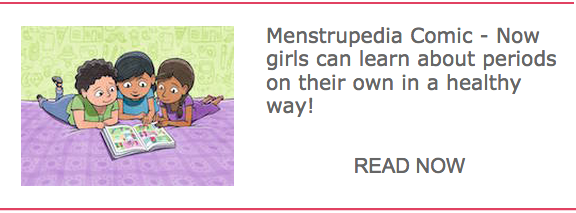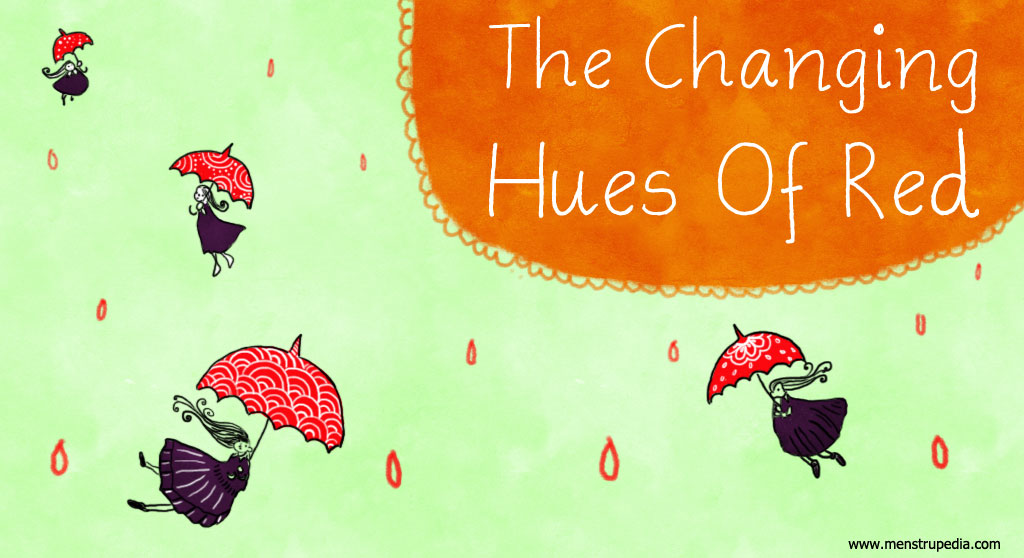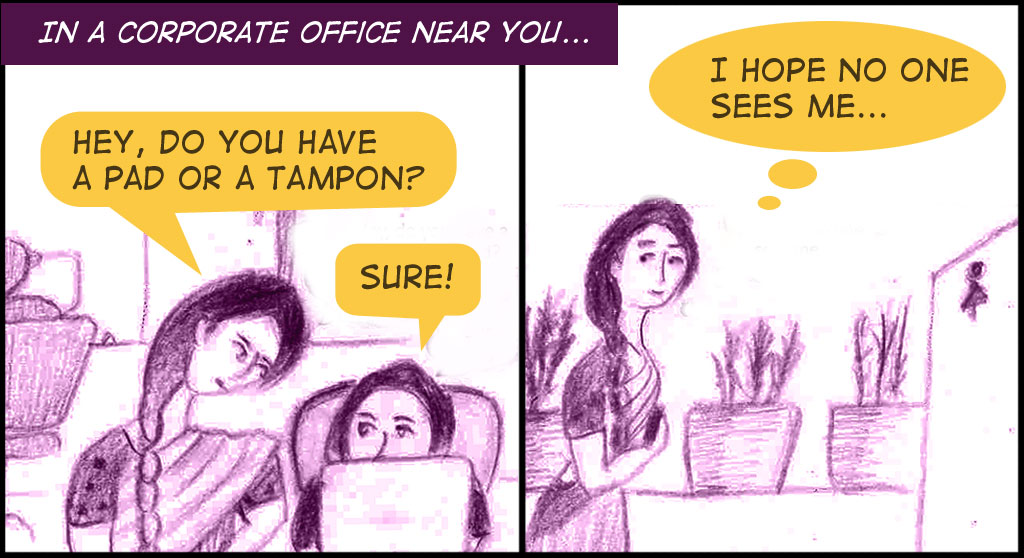The first time I skipped my Quran reading class, I was 11.
I stayed inside the room while my brother carried on his poorly-accented Arabic recitations with our Qari sahib. I wasn’t worried about getting in trouble for not attending; my mother had told him I was “sick”.
I was nervous about that inevitable awkwardness when Qari sahib saw me walk by towards the kitchen. He nodded in my direction. I wished him salam. He responded and almost immediately lowered his eyes, keeping them firmly affixed on the pages in front of him.
I scurried away, my head bent. He and I both knew that my absence was to be a regular occurrence, for now I had officially succumbed to “it” – that ultimate “demon of impurity”.
I had gotten my first period.
Now, at a certain time of the month, I am excused from many practices; I cannot pray on the prayer mat, read the Quran, or fast during Ramazan, or swim, or wear a white shalwar qameez unless I want to embarrass myself.
Then there are the trips to the store, where tactfully hung piles of brown paper bags are found next to shelves in the “ladies products” section.
We rip off bags and stuff them with all manner of sanitary pads, then drag our feet to the storefront. There, a man (always a man) will pull them out and type slowly and painfully into a register, one by one, as waiting shoppers casually avert their eyes.
Like a toddler’s bathroom cupboard, mine is suddenly stocked up with fluffy plastic packages; bright pink, green, purple, blue, boasting different reassurances to nervous young entrants into womanhood.
My bodily functions are explained on each plastic casing in attractive little graphics surrounded by flowers and stars; bright blue, heavily highlighted droplets proclaiming:
“Overnight!” “Light flow!” “Medium!” “Ultra thin!” “Odor-reduction!”
Underlining the squeamishness in shops that sell sanitary products is the debilitating inability to talk openly about menstruation without eliciting cringes and groans from men.
This becomes a greater concern when we realise that menstruation is a serious health issue and a major factor preventing young girls from going to school in Pakistan and living healthy, safe lives.
According to a 2012 Unicef report, the biggest challenge facing girls in poor communities is access to washing facilities. Many girls express a preference to stay home rather than deal with an unclean and uncomfortable environment at school, where they could be shamed by both teachers and their fellow students if found with stains.
Only 20 per cent of girls have access to those colourful packages of sanitary pads adorning my bathroom cupboard. In most rural communities in Pakistan, young girls are using rags and pieces of cloth among other implements.
In a country where more and more girls are living displaced lives due to natural disasters and ongoing military operations in the north, talking about safe practices for young girls and women should be a top priority.
Unfortunately, the one space where the matter is somewhat openly discussed – TV commercials – feature absurdly happy and clear-skinned women in light-coloured clothing prancing about; women who tell me it will all be OK; that the right products will end all misery and social anxiety.
TV ads aside, the squeamishness and shame surrounding this most common aspect of womanhood is prevalent everywhere.
The careful restrictions imposed through the lens of religion act as further indicators of the “unclean” and “mentally fragile” state that women are expected to subscribe to as their bodies discard blood.
It isn’t just religion though.
Teachers hardly discuss it; my old elite school devoted one 40-minute session to the subject, that too when I was 16 and had five years of menstrual experience on my resume.
Feminist Gloria Steinem wondered if the world would respond any differently to this natural cycle if men menstruated.
She imagined, “Young boys would talk about it as the envied beginning of manhood. Gifts, religious ceremonies, family dinners, and stag parties would mark the day”.
Bapsi Sidhwa addressed this as well in her 1980 novel The Crow Eaters which featured the “other room”, where menstruating women in a Parsi family were sent each month:
“Thither they are banished for the duration of their unholy state. Even the sun, moon and stars are defiled by her impure gaze, according to a superstition which has its source in primitive man’s fear of blood.”
I think we can turn menstruation into our own emblem of empowerment, but in order to do so, Pakistani women must reject language that terms a natural occurrence an impurity. This is a critical first step for our bodies to remain our own, and not be objects of “shame” and “disgust”.
After that, lets look to burning the paper bags hanging from the shelves.
This post was originally published here as “On paper bags, purity and periods”.
Author: Nur Ibrahim
Nur is a literature lover and journalist based in Washington DC. She tweets at @Nuri_ibrahim.








